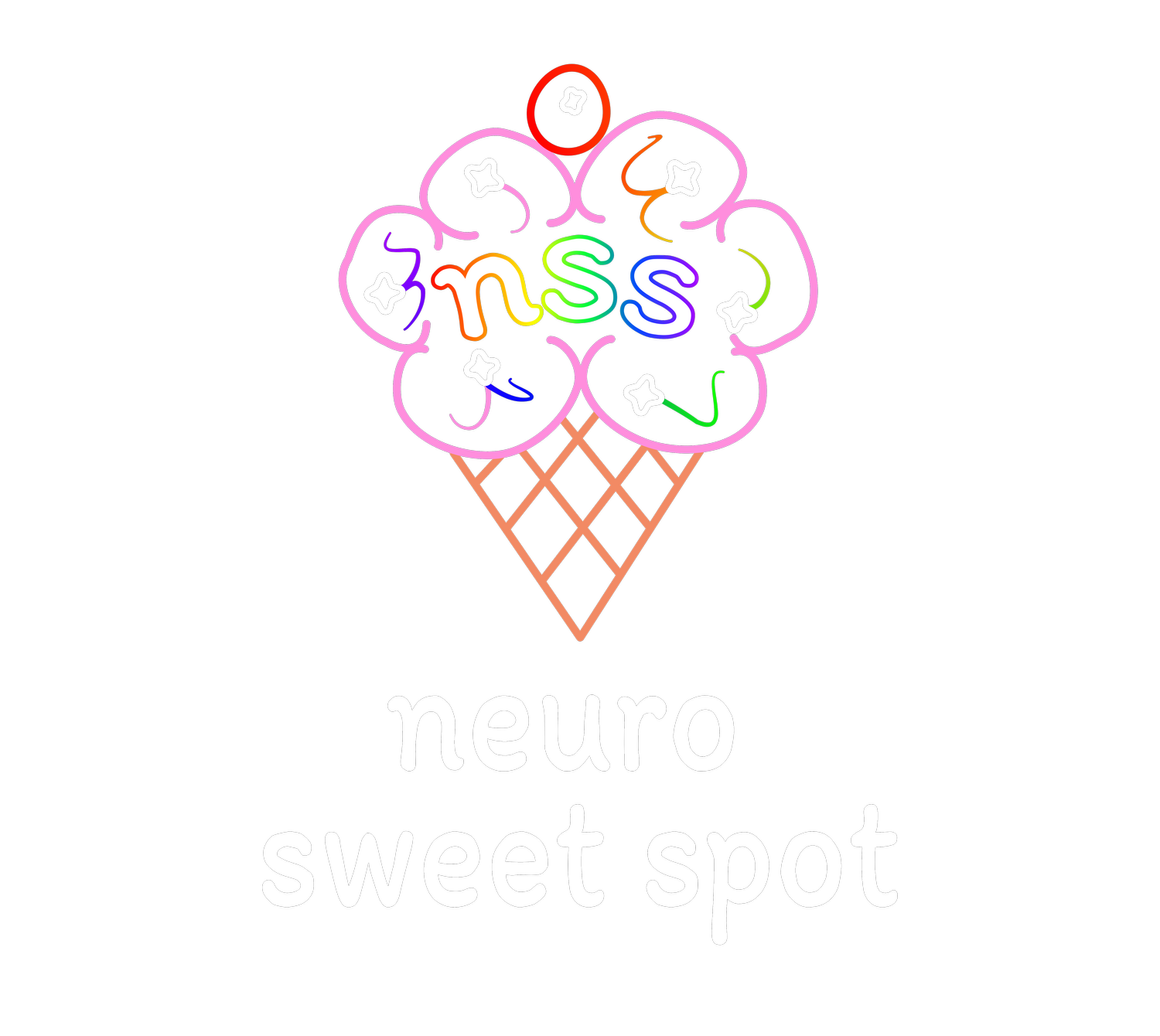
Counselor Resources
Birds and Fish Are Not Disordered Versions of Each Other
(Why Different Brains Aren’t “Broken” — They’re Just Different)
A Fish That Can’t Fly Isn’t Broken
If you judged a fish by its ability to fly, you’d say it was a complete failure.
If you judged a bird by its ability to swim, you’d say it was hopelessly flawed.
Neither of these are true. The problem isn’t with the bird or the fish—it’s with the expectation.
Neurodivergent Brains Are Not Broken Neurotypical Brains
The same logic applies to brains:
A neurodivergent brain isn’t a neurotypical brain that “doesn’t work right.”
It’s just a different kind of brain, designed for different strengths.
Expecting an ND brain to function like an NT brain is like expecting a fish to fly.
And when the fish can’t fly? It feels like failure, even though it was never meant to.
When a bird struggles in water? It assumes something is wrong with it, even though it was never designed for that.
The real goal isn’t making every brain “fly” or “swim.”
It’s about letting brains thrive in environments that actually work for them.
Thriving in Your Own Way
This does not mean that growth isn’t possible.
It means growth should be purposeful and supportive—not forced or shaming.
Embracing who you are doesn’t mean staying stuck where you are.
Expanding Your Comfort Zone (Without Jumping Off a Cliff)
People love to say “growth happens outside your comfort zone.”
True, but jumping too far too fast leads to shutdown, not growth.
A fish trying to walk on earth is not “expanding its comfort zone”—it’s panicking and dying.
A better approach:
Gently push the edges of your comfort zone.
Get comfortable with a little discomfort.
Build skills gradually, in ways that support your nervous system.
This way, your comfort zone expands naturally, rather than forcing yourself into something unsustainable.
Self-Knowledge Leads to Self-Growth
Learning about yourself isn’t an excuse to never try new things.
It’s a way to expand your world safely, with self-awareness.
Knowing your brain = knowing how to challenge yourself effectively.
Growth isn’t about becoming something you’re not—it’s about becoming the fullest version of who you already are.
Key Takeaways
A fish isn’t a “failed” bird, and a bird isn’t a “flawed” fish.
Neurodivergent brains aren’t broken versions of neurotypical brains.
You don’t have to stay stuck, but you also don’t have to force yourself into something that isn’t you.
Growth should feel like stretching—not like drowning.
The goal is to thrive in ways that make sense for your brain.

